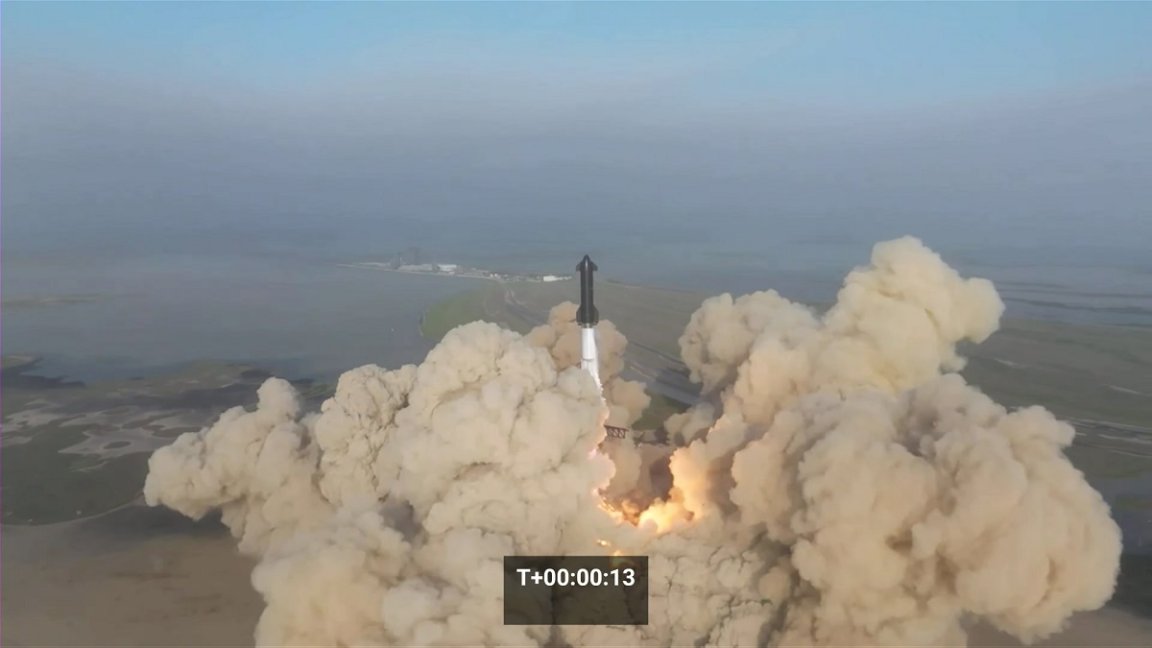
Fed Up
Ever since Starship blew up during its inaugural orbital flight test in April, SpaceX’s ginormous rocket — the most powerful in the world — has been grounded by the Federal Aviation Administration.
Now, with half a year passed and no clear date on when Starship will get the all-clear again, some of SpaceX’s leaders are starting to lose patience.
At a hearing held by the Senate subcommittee on space and science on Wednesday, SpaceX’s vice president for build and flight reliability William Gerstenmaier complained that the regulatory holdups are getting in the way of progress, potentially letting China get an edge on the US in the race to the Moon.
“It’s a shame when our hardware is ready to fly, and we’re not able to go fly because of regulations or review,” Gerstenmaier told the subcommittee, as quoted by CNN.
“Licensing, including environmental (review), often takes longer than rocket development,” he added. “This should never happen. And it’s only getting worse.”
Slipping Behind
It’s true that SpaceX is a crucial part of the US’s lunar ambitions, meaning the interests of the FAA and NASA aren’t aligned. NASA’s Artemis III mission, which is planned to have astronauts set foot on the Moon for the first time since 1972, has selected Starship for its landing system.
NASA has said that it’s worried that Starship’s woes could delay that mission, currently slated for 2026. China, meanwhile, expects its Chang’e program to bring its astronauts to the Moon by 2030.
Four or so years may sound like plenty of time for the US to keep its lead, but not according to Gerstenmaier.
“These delays may seem small in the big scheme of things but… delays in each and every test flight adds up,” he said, per CNN. “And eventually we will lose our lead and we will see China land on the Moon before we do.”
Almost There
Gersteinmaier also claimed that the delays have “nothing to do with public safety.” Clearly, though, SpaceX has a lot to answer for.
The Starship launch demolished the rocket’s launchpad, blasting out huge chunks of steel and concrete. Fiery debris rained down across several miles of the South Texas shoreline. Some of it landed in a nearby state park home to endangered wildlife, lighting acres of it on fire.
Nearby cities, in fact, were swallowed by a huge cloud of dust and debris kicked up by the massive forces of the rocket taking off. Many experts agree that a lot of the fallout could have been prevented had SpaceX simply implemented industry-standard measures with its launchpad.
The silver lining for SpaceX is that the FAA wrapped up its investigation into the Starship launch in September.
But even though SpaceX says it’s completed the huge laundry list of corrective actions it was given by the FAA, the agency has still not given SpaceX a launch license — and when it intends to is unknown.
More on SpaceX: SpaceX Prepares Spacecraft for Mission to Mysterious Metal Asteroid